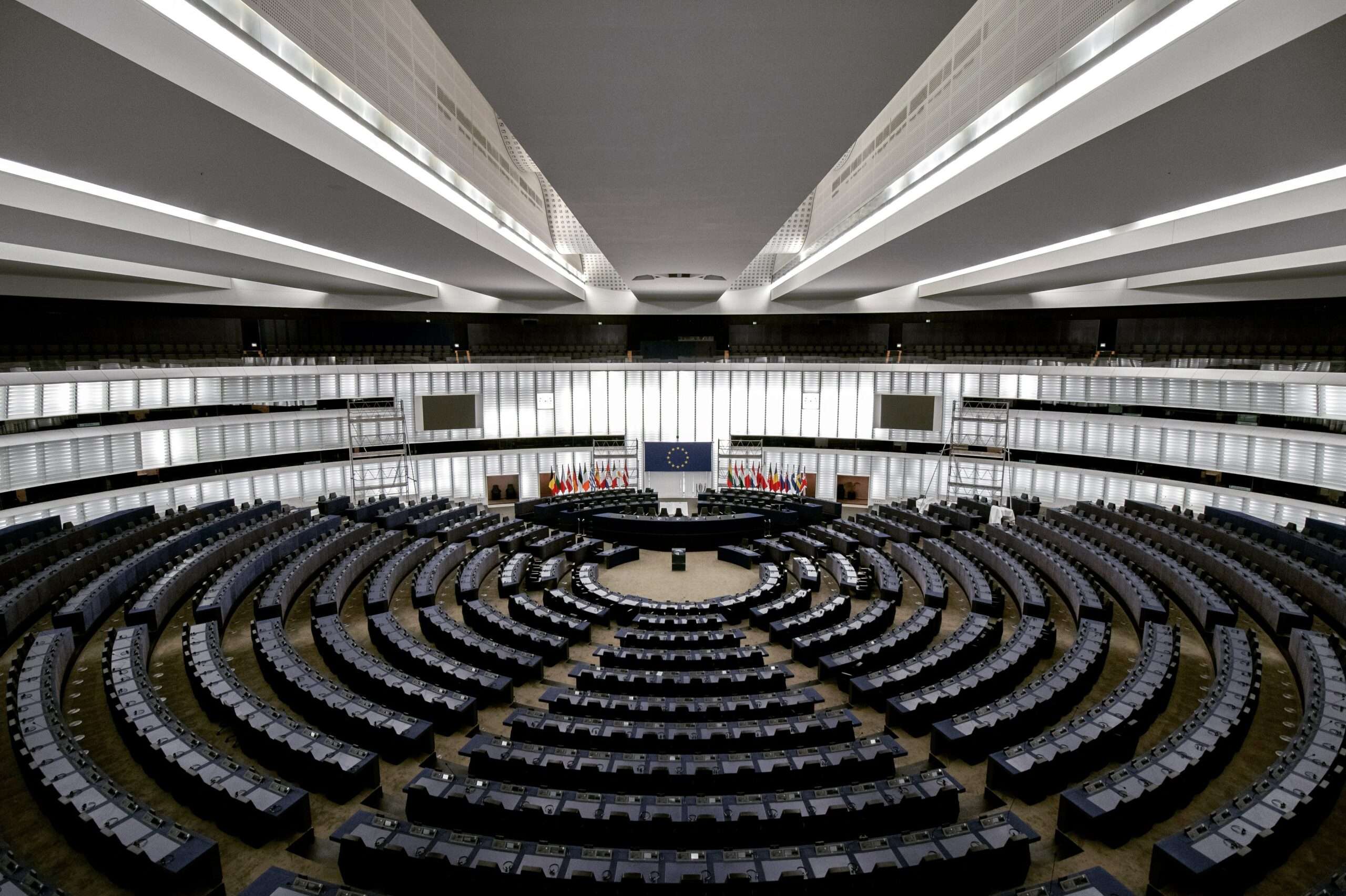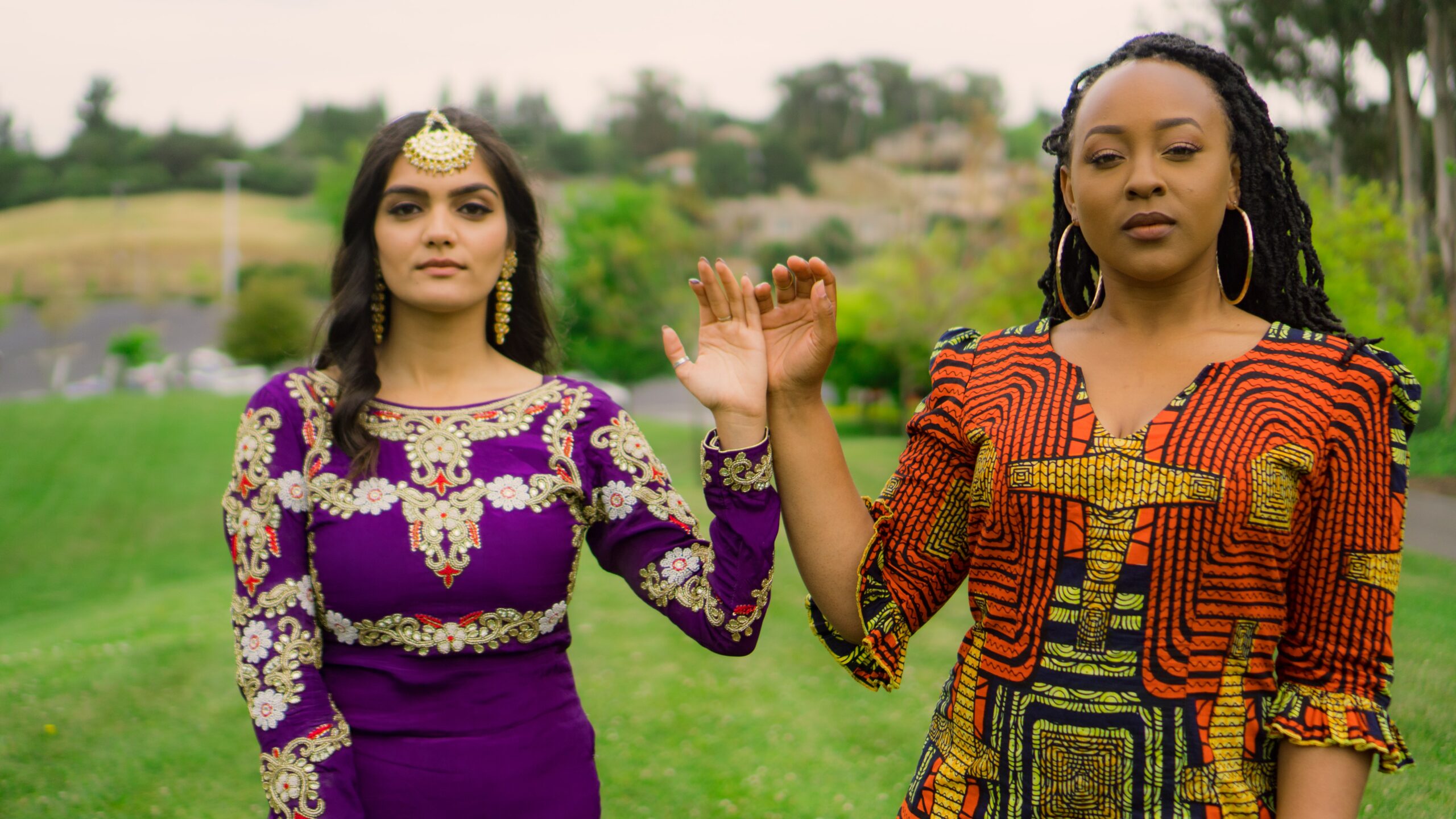In the end, several different organizations came together to form the Organization of African Unity. Inseparable global historical and political tendencies are at play. The late-twentieth-century Pan-Africanist movement had a significant impact on the OAU’s ideological formation. Black American intellectuals in the United States of America. Compared Africans and Black Americans to each other.
In the minds of these thinkers, the only way for African-American civilization to thrive was through the establishment of racial equality. They needed to form a sovereign state that would allow them to pursue their interests without interference from the United States.
Many of the early Previews stemmed from Christian teachings. Through missionary activity in Africa, Pan-Africanists were able to spread their message of unity. This movement began to solidify through academic research. It is proposed by an ardent supporter of culture and heritage.
Africa’s economic, political, and social challenges stemmed from colonialism. On the heels of this, Black nationalist Marcus Garvey called for the return of Africans to their homelands. Through the foundation of a shipping enterprise, to which he hoped to contribute. To bring back to Africa, the Black Star Line was established. The United States and the British governments, both concerned about the future of their territories, thwarted this effort.
Structure:
Organization of African Unity a country had to be independent. These policies did not legally bind member governments. This executive body was the Assembly of Heads of State and Government, which met every year and set OAU policy. The Assembly of principal organ to examine African issues, integration, policies and activities. Foreign ministers are among the members of the Council of Ministers.
Each member state held its representatives in the Assembly to account on a biannual basis. A significant part of the Council’s job was to prepare Assembly topics for discussion. This body also handled assembly decisions and member-state cooperation. Additionally, the OAU had a Secretariat, which was headed by a Secretary-General who was appointed.
Formation:
The Organization for African Unity was established in the Ethiopian capital of Addis Ababa (OAU). Pan-continental Africanism’s foundation is to be built on this continent. However, the consequence is a watered-down agreement between ideologically opposed groups. In the beginning, it seemed impossible to achieve complete unification.
The divisions made the establishment of a federated government impossible. Unsustainable structures, military, and political institutions form the basis of this consensus. It was created with the goal of continuing. Gradually, as a result of unification, a Union of African States came to fruition. Could not fully integrate African countries immediately. After independence, the Organization of African Unity made tremendous progress in recognizing the socio-economic development difficulties that plagued the continent.
OAU’s Charter stated its goals like to promote and solidarity. Efforts to improve the lives of Africans will be coordinated and stepped up to attain this goal. When it comes to protecting their rights to self-determination as well as their territorial integrity, they must eliminate all manifestations of colonialism in Africa.
According to the United Nations Charter and the Universal Declaration of Human Rights, to foster international cooperation. Efforts were made to achieve this by urging member governments to recognize the organization. The inseparable nature of the United Nations. Keeping one’s distance from the internal issues of other countries, In recognition of each state’s fundamental right to self-determination, sovereignty and territorial integrity are respected.
Negotiated settlement of conflicts all sorts of subversive activity on the side of neighboring states or any other states are condemned unreservedly. The complete emancipation of the African areas that were still enslaved, and to the entire liberation of those countries Concerning all other blocs, a statement of non-alignment.
Challenges:
Economic crises caused by a variety of internal and foreign factors devastated several African countries after colonialism ended. Corruption, poor policy advice, and a lack of institutional and physical infrastructure contribute to the current situation. The Organization of African Unity socio-economic development was hindered by political instability and endemic underdevelopment. The formation of the Economic Community was based on the belief that local solutions were preferable to Western economic support.
Free trade zones, customs unions, and a central bank are among the goals of this initiative. Although the World Bank pumped billions of dollars into the African debt issue, it grew. Former colonial powers were blamed for these leaders like Yoweri Museveni of Uganda. That the World Bank and Western nations clear Africa’s external debts, as well. The World Bank’s President responded with a brief retort. I doubt it will ever come up. Paying one’s debts is a moral requirement for African countries.
Achievements:
Another notable accomplishment of the Organization of African Unity was its support for regional economic communities. Eventually, there will be efforts to form a continental economic development organization. The signing of a treaty led to the founding of the Economic Commission. The Abuja Treaty laid up the framework for a fully integrated continental economy.
Dissolution:
After the war for independence had been won, the focus shifted to other issues of national importance. Widely believed that Africa’s economic dependence on former colonial powers was a significant contributor to its poverty. The organization had to face its shortcomings, not just when it came to encouraging economic growth. But also about Africa’s ongoing and seemingly intractable crises, for which its Charter was to blame.
Despite its efforts, this was unable to stop member states from forming factions. By the time Organization of African Unity was disbanded, they had been responsible for infighting inside the organization. According to its critics, it had become “an elite club of leaders substantially cut out of the people,” shielding corrupt and dictatorial leaders from the public.





